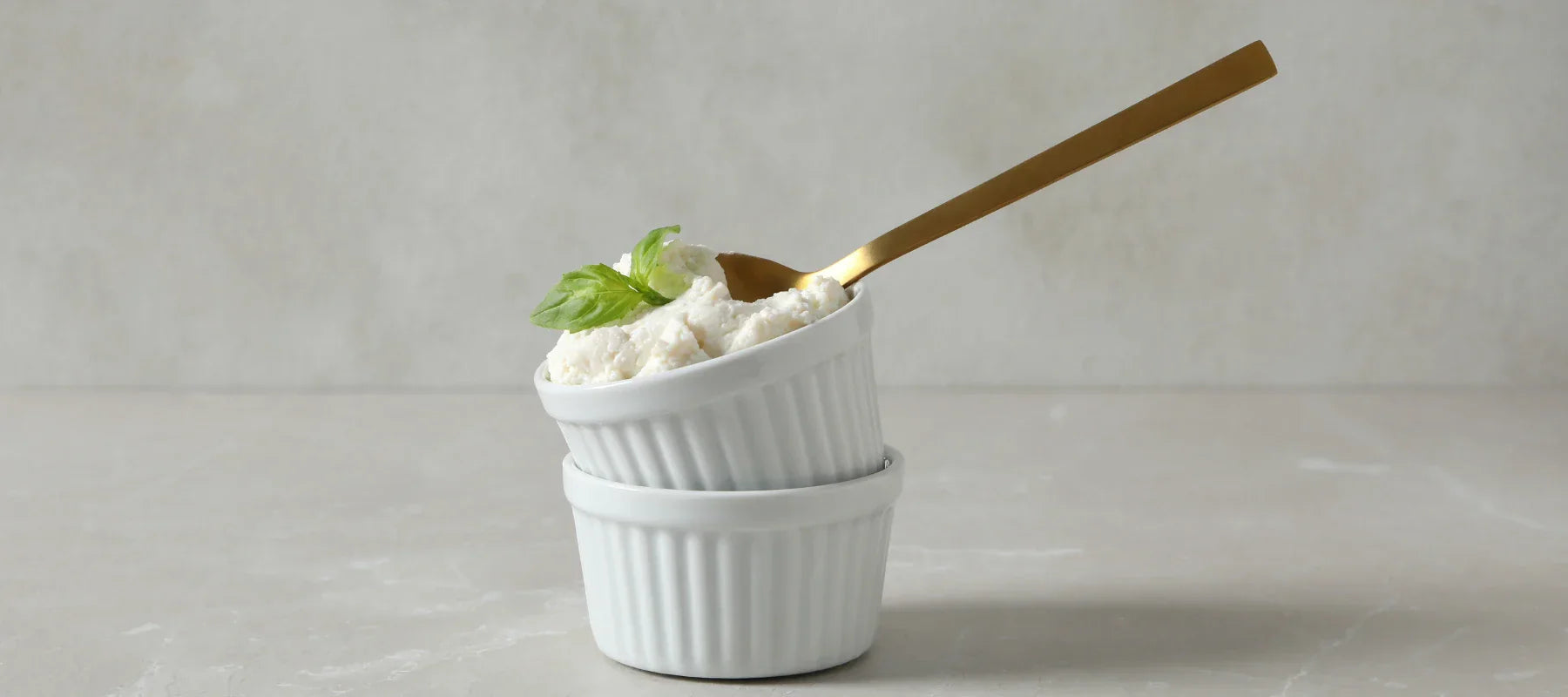
Does Curd Cause Acne? How to Enjoy Dairy While Maintaining Clear Skin
Curd is a staple in most diets, given its effectiveness in enhancing digestion. However, one pressing question about this matter probably bugs many who enjoy having curd.
The question is, does curd cause acne?
The answer is more layered and complex than you would have imagined. The relationship between dairy and your skincare is complicated, and hence, a simple yes or no answer is not good enough here.
So, let's not waste any more time and get straight into the specifics to find the right answer to this question and more.
Does eating curd cause acne?
There is no shortage of research or debate to determine the exact relationship between dairy and skin health. However, things do get a bit clearer when it comes to the impact of dairy on people with acne-prone skin. These impacts can vary on an individual level depending on factors like skin type, dietary habits, and individual sensitivity.
So, does eating curd cause acne anyway? Dairy products, including curd, contain specific additives that can accelerate inflammation and sebum production. Both of these are often credited for being a common culprit behind acne. Additionally, dairy is known for stimulating insulin levels, which can increase the chances of developing acne to the greatest extent.
This makes it important for skin health that you understand the difference between full-fat curd and low-fat curd. Full-fat curd has more natural fat, which can stimulate overall sebum production, making it a concern for people with oily skin. However, since low-fat curd has fewer fats, it can help reduce overall oil production.
Can applying curd on the face cause acne?
It is no secret that curd has often held a reputation for having many effective skincare benefits. But still does not answer the question that applying curd on the face causes pimples. So, let's find this answer by breaking down the potential positives and negatives of this approach to skincare.
When you apply curd to your face, it offers a couple of great benefits. The moisture-retaining properties help hydrate the skin. Then comes the lactic acid, which helps exfoliate the skin by removing dead skin cells. Lastly, curd also has soothing properties that calm irritated skin and minimise redness.
But on the other side of the coin, there are also breakouts you need to be aware of while applying curd to your face. If you have oily skin, the rich texture of curd can further clog your skin, paving the path for a breakout. Also, if you are someone with sensitive skin, applying curd can increase redness, irritation, and even inflammation.
Use skincare products to prevent breakouts
So, does dairy cause acne? While curd has a certain potential to cause breakouts in your skin, there is a way for you to manage this. All you need to do is use the right skin care product and experience the difference for good. That said, here are some of these products you can consider using:
- Salicylic Acid - Skin care products with salicylic acid can be very helpful in unclogging pores and reducing acne. You can consider using the salicylic acid serum to get the best results with your effort.
- Niacinamide - Then, there are products with niacinamide that help control oil production and improve skin texture. You can check out and start using the acne moisturiser to get results.
- Spot treatments - These days, spot treatments are becoming very popular for enhancing skin health among different individuals. It is important that you use products like acne spot corrector with sulfur and calamine to shrink pimples and get results.
- Non-comedogenic moisturisers & sunscreen - Another effective way to keep pimples at bay is by using non-comedogenic moisturisers and sunscreens. Products like the tinted sunscreen can help keep skin hydrated without clogging pores.
Who should avoid curd for skin?
We now understand that there are hardly any right answers to the question of does curd causes pimples. But in certain specific cases, it is better that you entirely avoid curd for the skin. This is mostly important in two specific conditions if you are someone:
- With dairy sensitivity or hormonal acne: Dairy foods that cause acne and trigger hormonal fluctuations in your body, setting the stage for inflammation if you have sensitivity issues.
- Prone to fungal acne or clogged pores: Curd is well-known for its rich texture, creating the perfect environment for fungal growth. In this case, you must avoid curd, as it can clog your skin pores and make things more challenging.
How to consume or use curd without causing acne?
Consuming or using curd always carries a potential risk of pimples. However, taking the right approach can help you avoid these pitfalls and still enjoy the delicacy. So, if you are wondering how to drink milk without getting acne, here are some suggestions.
1. Opt for probiotic-rich, low-fat curd to reduce inflammation
First, you must use low-fat curd rich in probiotics to promote a balanced gut microbiome. Pair this with low-fat curd, and you can reduce oil production and inflammation for smooth skin.
2. Pair curd with anti-inflammatory foods like turmeric or cinnamon
Pairing curd with anti-inflammatory items like cinnamon and turmeric is always a good idea. This is highly effective in terms of counteracting the inflammatory properties of curd and other dairy products.
3. Use curd face masks with gentle, non-comedogenic ingredients
Another simple way to prevent pimples is to combine curd with non-comedogenic ingredients like honey or aloe vera to create a non-comedogenic face mask.
4. Always patch-test before applying curd to the face
It is always better to test first than be sorry later. Therefore, it is important to first apply a small amount of curd to a specific area of the skin to check for any negative reaction.
Conclusion
The effect of using or consuming curd for skin care can vary based on individual and other unique factors. Hence, instead of asking the question, "Does applying curd on face cause acne?" one must find what works best for them. You must analyse how curd reacts to your skin and only then make an informed choice about your skin.
FAQs
1. Is eating curd bad for acne-prone skin?
If you already have acne-prone skin, it is better to stick to low-fat curd to prevent skin breakage and pimple development.
2. Does applying curd on the face cause pimples?
In certain cases, applying curd to your face can cause pimples, but your individual skin conditions, sensitivity, and tolerance make all the difference.
3. Should people with oily skin avoid curd?
It is always best for people with oily skin to avoid curd, as it can result in different adverse symptoms.




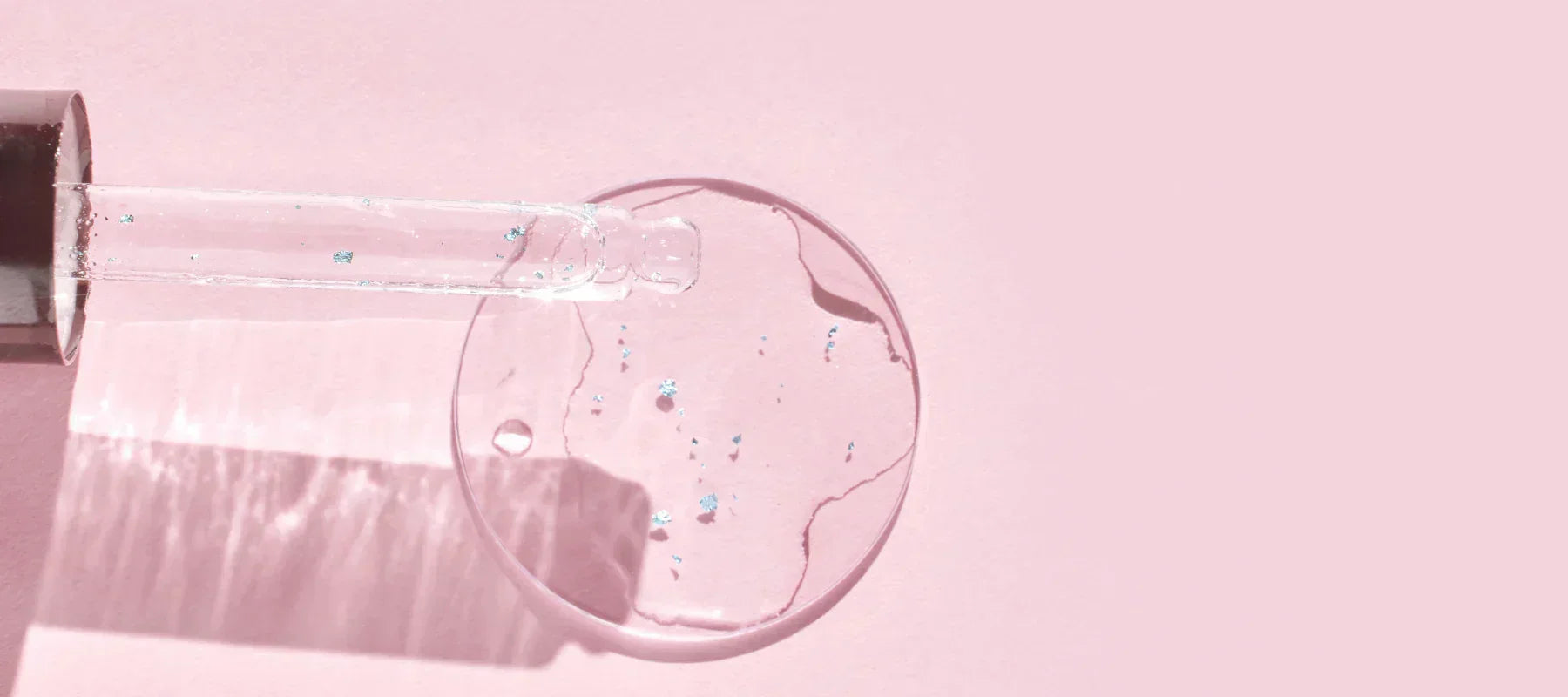
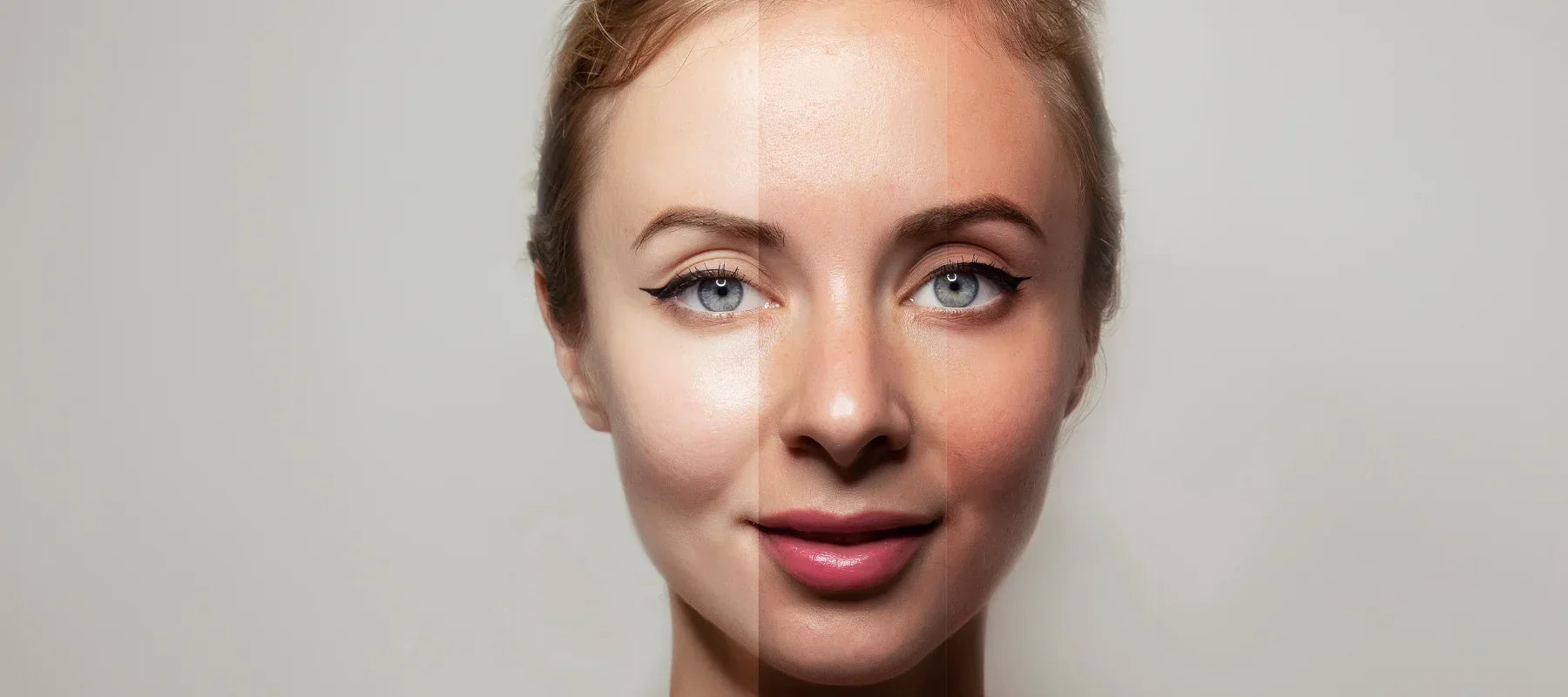



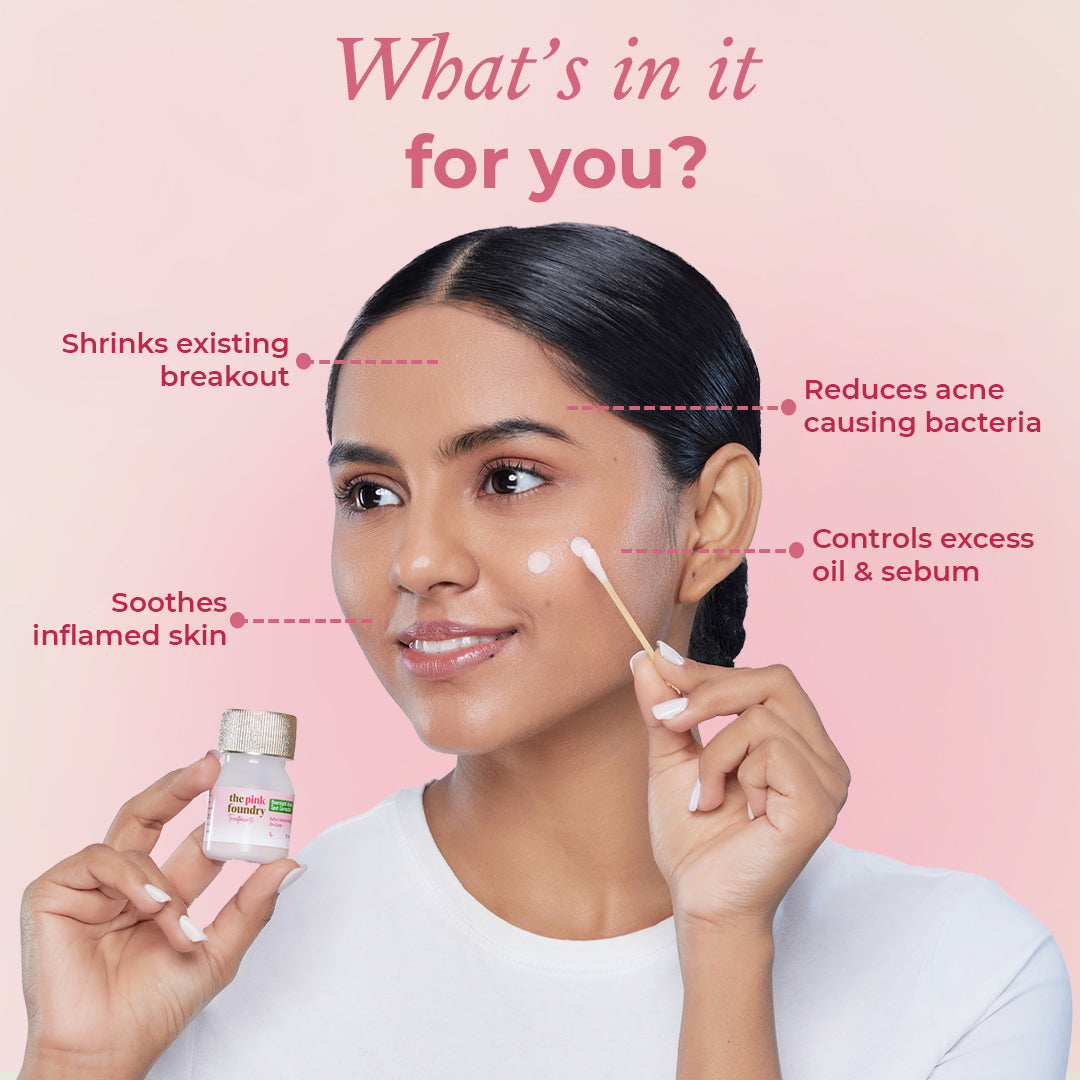
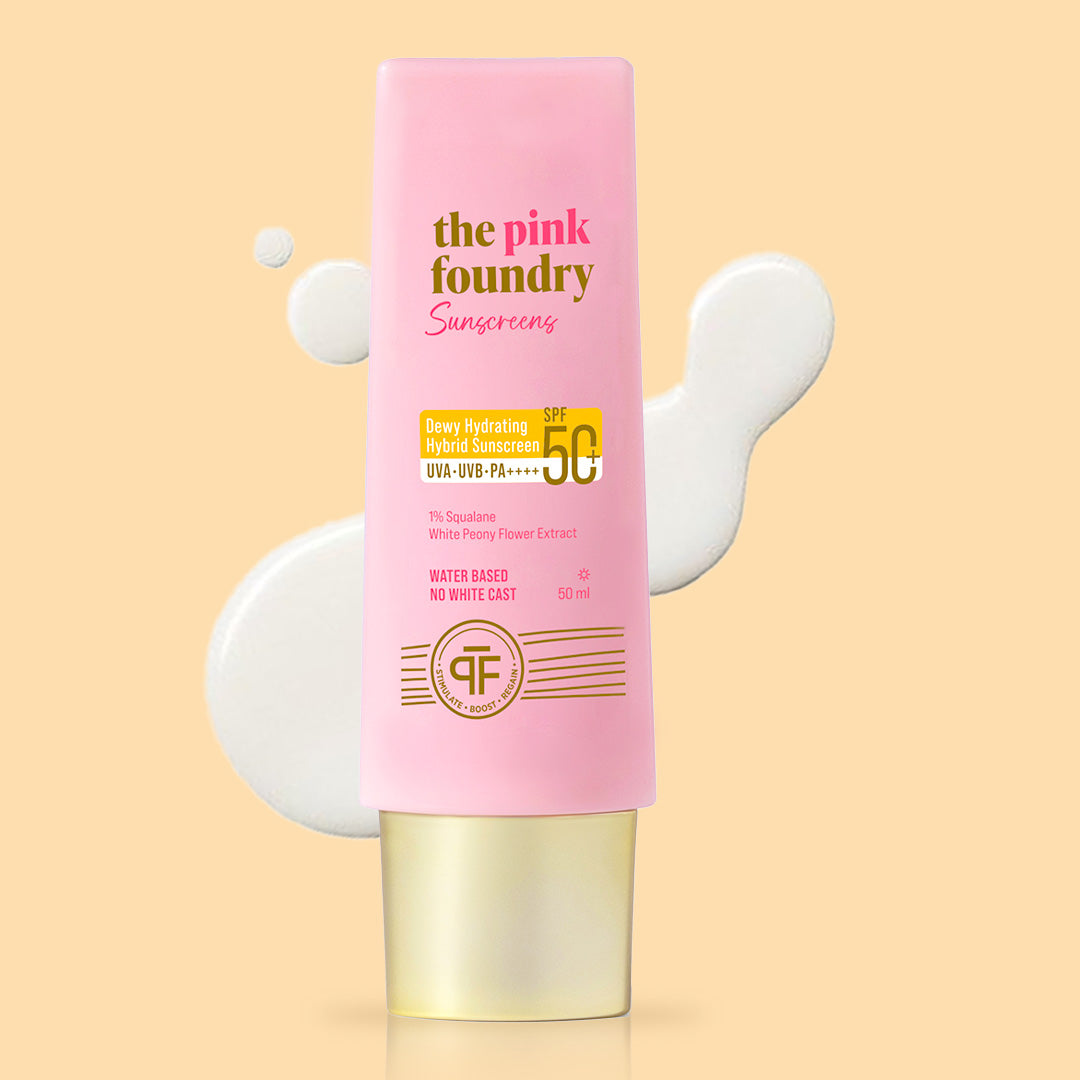
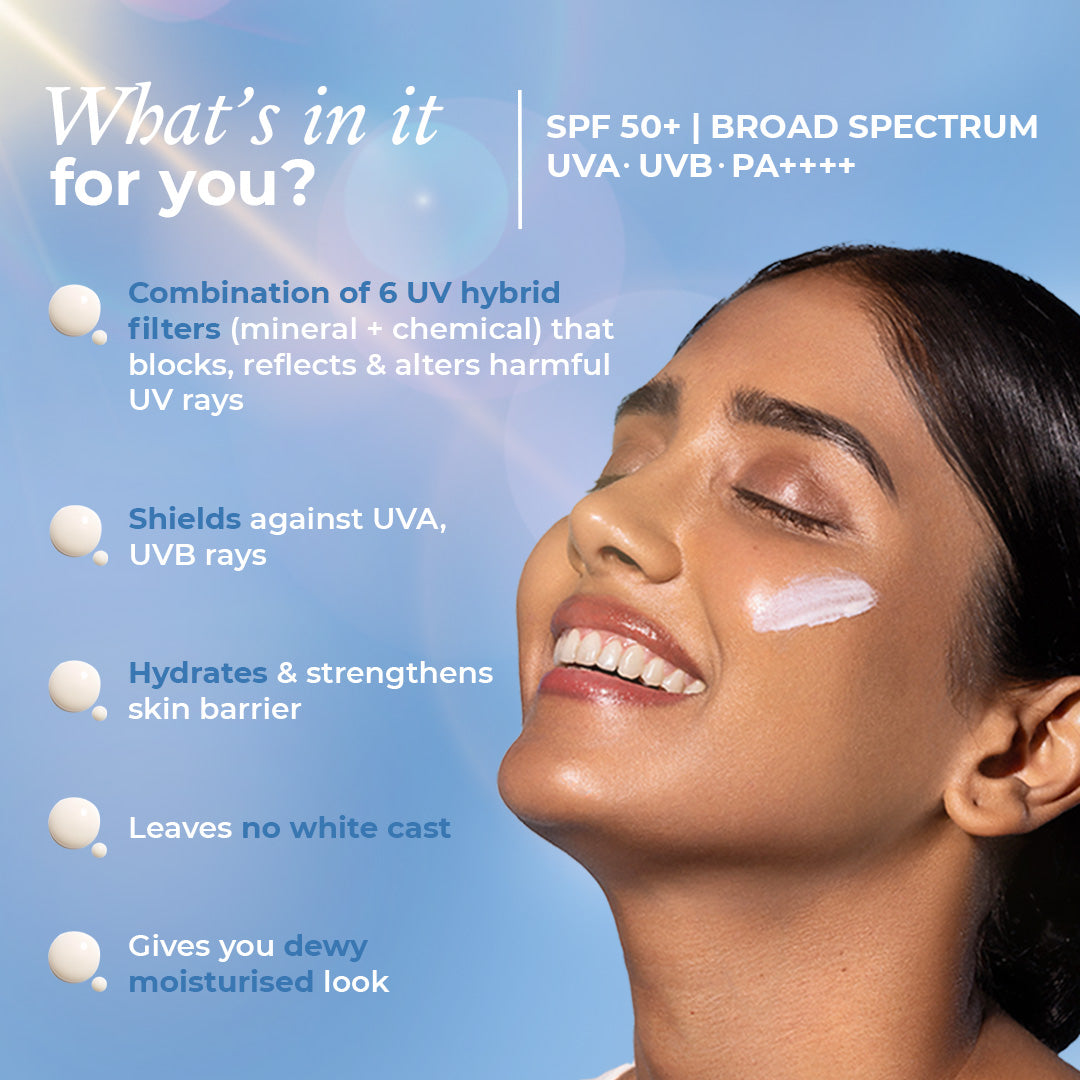


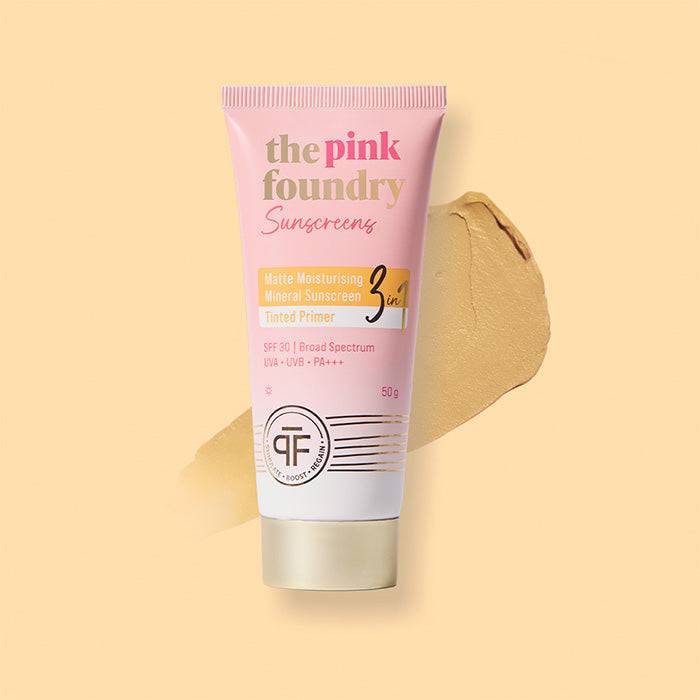
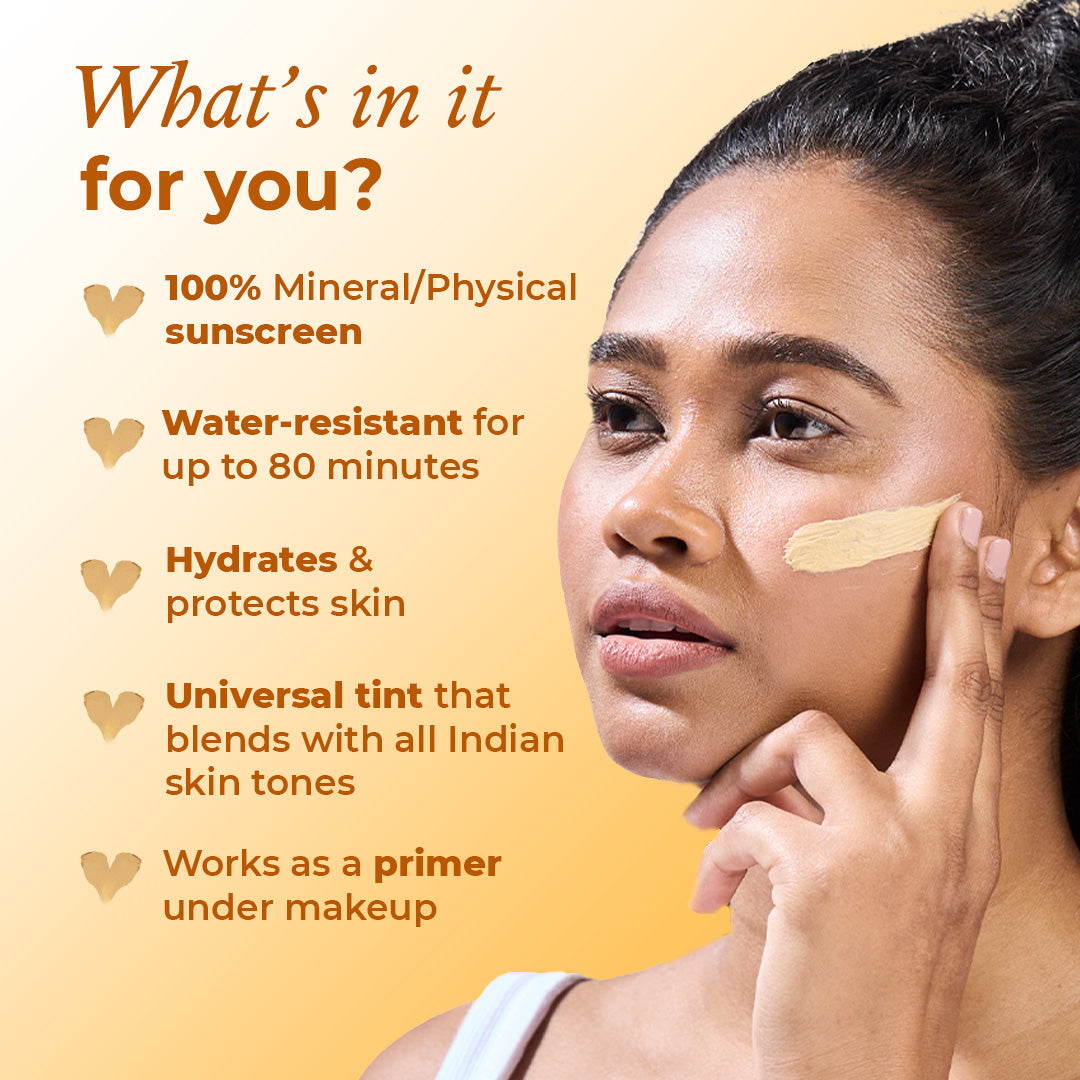



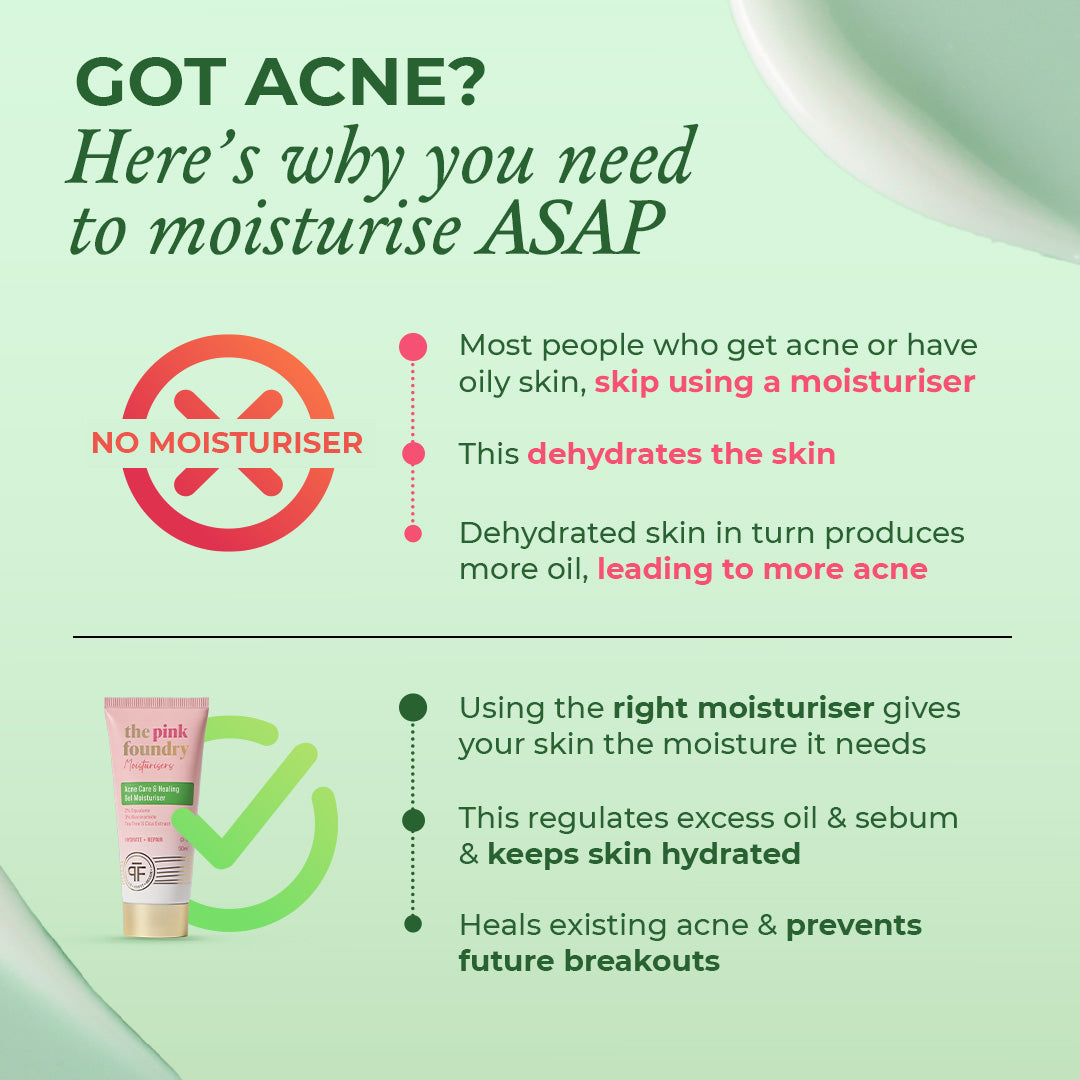
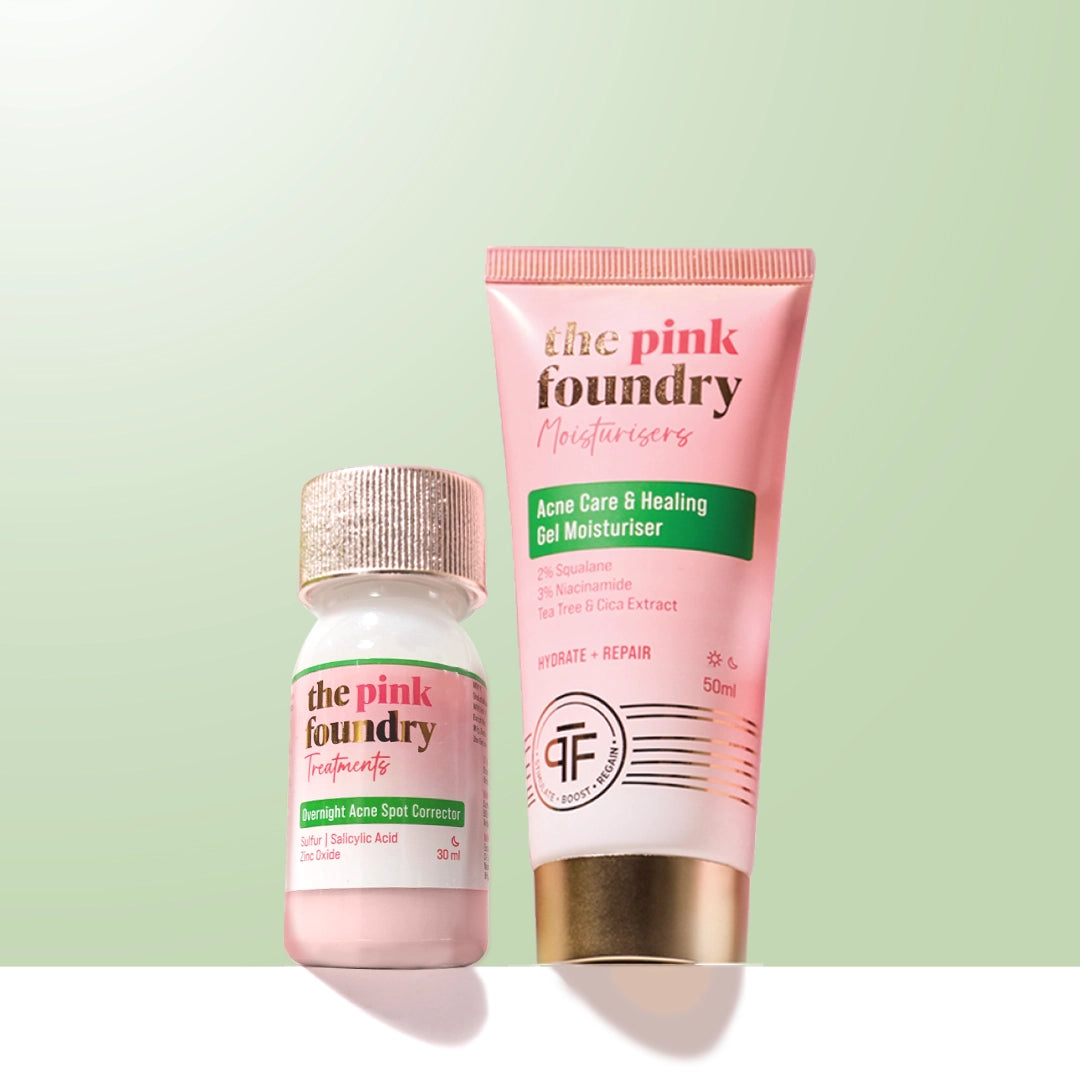
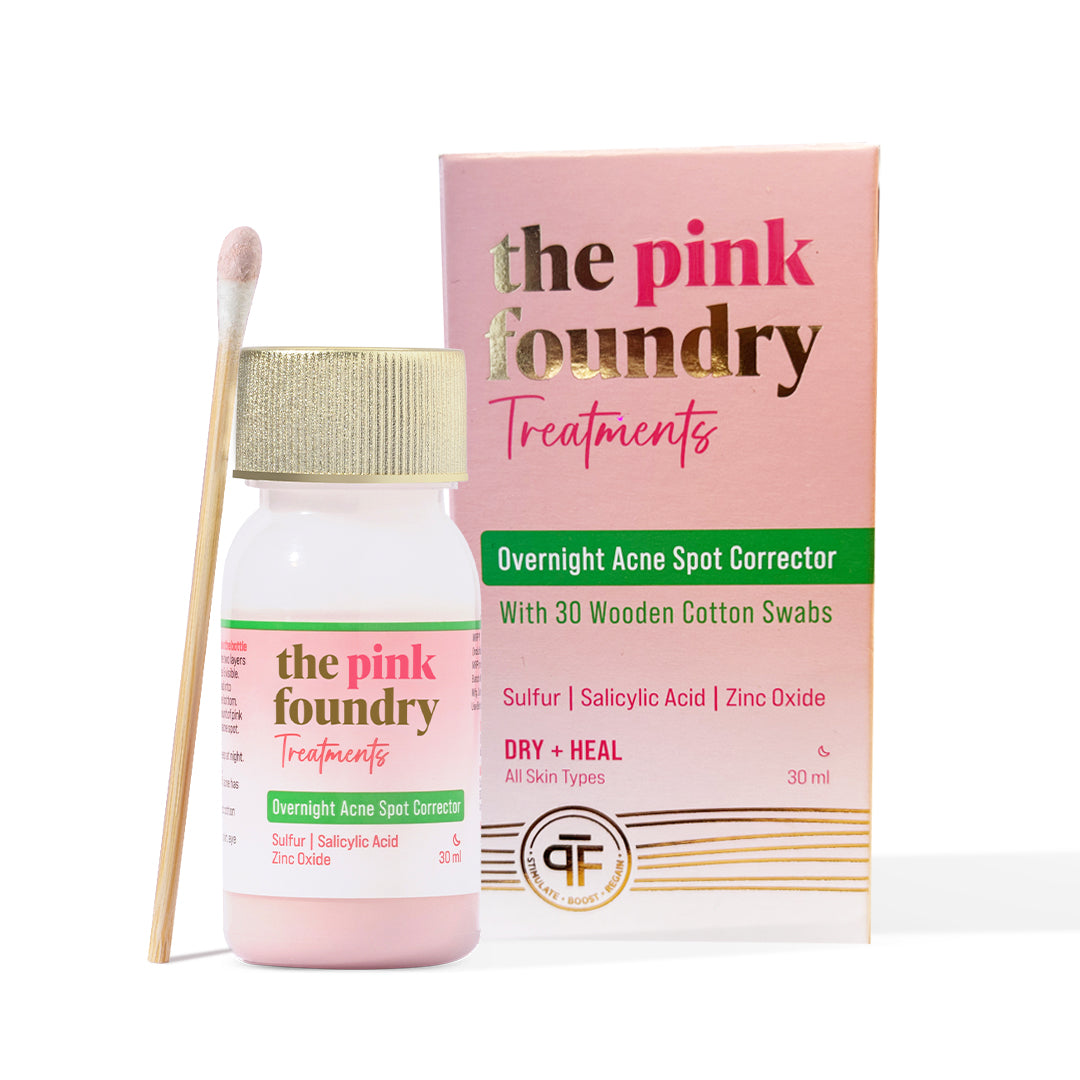
Leave a comment
This site is protected by hCaptcha and the hCaptcha Privacy Policy and Terms of Service apply.